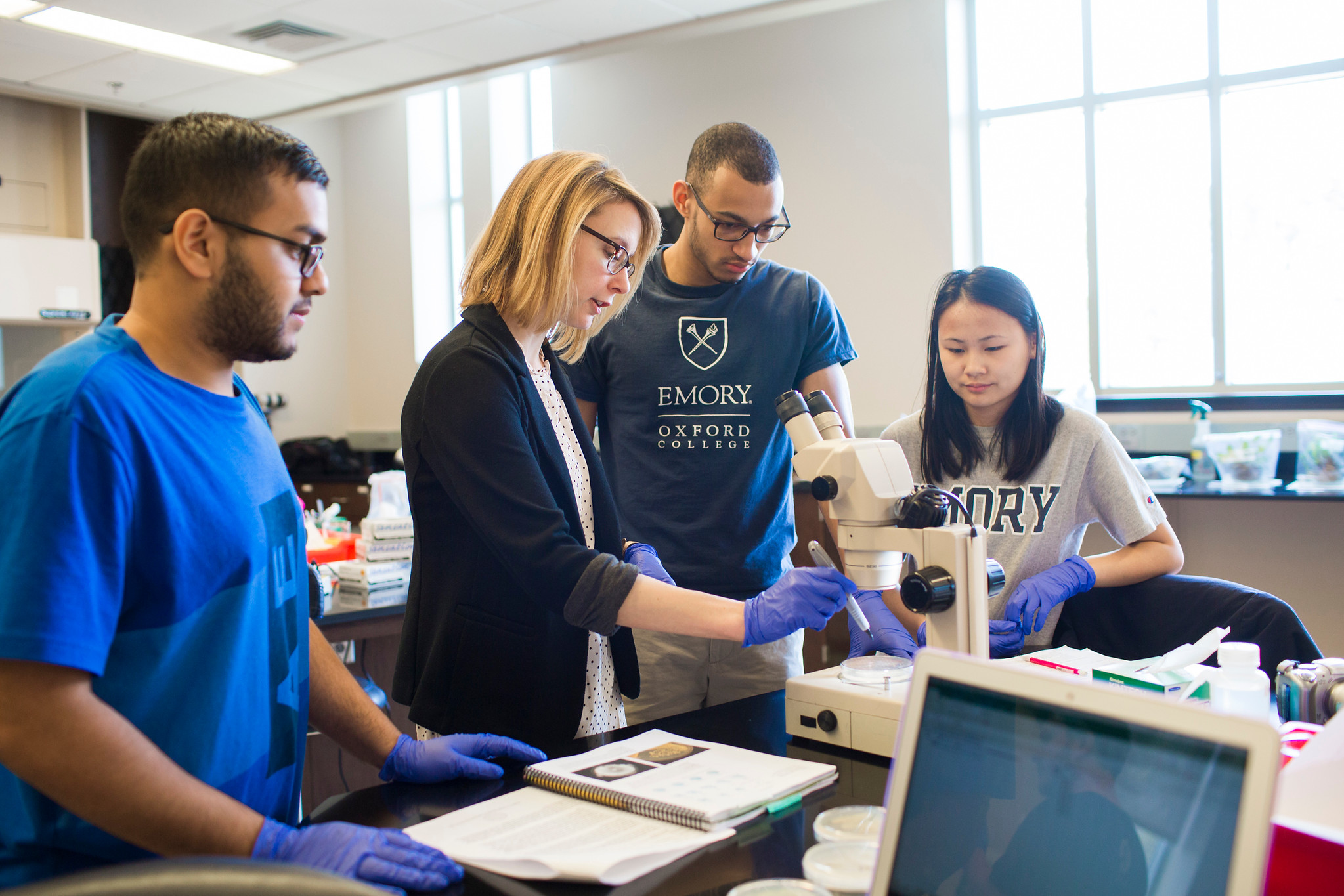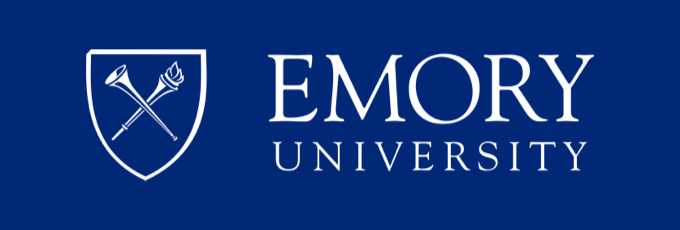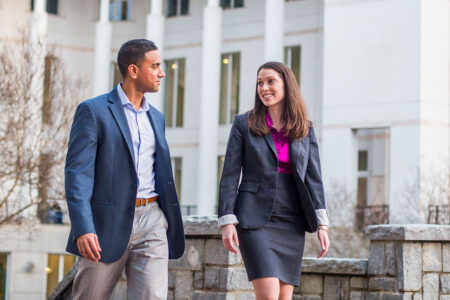Brooke Holland has always had a strong sense of justice. Born in Miami, Florida, her drive to make a difference surfaced early in high school when she witnessed bullying among her peers and decided to take a stand. After gathering evidence and testimonials, she approached school administrators, leading to a Zoom call with over 150 participants, including students, parents, and teachers. Her persistence resulted in lasting changes at her school.
Now, with dreams of becoming a lawyer, Holland aims to help people facing racial disparities. She envisions a future in politics, possibly running for US Congress or even the presidency. Her ultimate goal is to sit on the Supreme Court. “I want to be in a position where I can make the biggest impact,” she says.
To bring this vision to life, Holland is set to study political science at Oxford College of Emory University. After visiting the campus last year, she was captivated by its beauty and positive vibes. “When I stepped onto campus, I remember tearing up,” she says. “I found my new home. I was so impressed by the attention to detail at Oxford, as well as everyone’s honesty and transparency — all qualities that I value highly in my personal life.”
Oxford College offers a unique academic journey that combines the close-knit community of a small liberal arts college with the vast resources of a major research university. Nestled in the quaint town of Oxford, Georgia, the campus provides an inspiring and engaging learning environment for all first and second-year students.

Oxford College’s curriculum prepares students for a complex, diverse world through hands-on learning and access to Emory’s 80+ majors and 60+ minors. Source: Emory University
In these early years of undergraduate education, intellectual exploration is crucial. Oxford College’s liberal arts–intensive curriculum encourages students to dive into various disciplines and find the major that best suits them. There’s even a new sociology course focused on Taylor Swift.
While the faculty are deeply involved in their own research and academic pursuits, their primary focus is teaching. As such, students learn from renowned professors, such as Associate Professor Sarah Fankhauser, who received a US$1.2 million National Science Foundation (NSF) grant to transform the communication of young scientists. This grant, awarded by the Division of Research on Learning, is the largest given to a principal investigator at the college.
Since classes are small, professors like Fankhauser know student names by heart and genuinely care about their success. This creates deep discussions, critical thinking, and effective communication skills.
“Oxford’s small population has made it easy to make connections with a number of people,” says Dongshen Li from China who is studying Quantitative Sciences. “During my time here, I’ve been able to get to know my peers and my professors. In my classes, I was able to get one-on-one attention whenever I needed it to succeed.”
This close-knit academic community lays the groundwork for a crucial component of the curriculum: hands-on learning. Students learn that practical experiences make a difference, which is why Community Engaged Learning (CEL) is integral to their education. Through CEL, students apply what they learn in the classroom to real-world situations, tackling community issues while gaining practical skills.

Outside the classroom, students engage in experiential learning through service projects, internships, and global programmes. Source: Emory University
This experiential learning approach allows students to become tutors, mentors, and advocates. For instance, students might explore Shakespeare’s themes in class and then visit a nearby prison to discuss the same plays with incarcerated students. This creates meaningful connections between their academic knowledge and the world around them.
Such immersive opportunities enhance learning and help students develop essential problem-solving skills and broaden their worldview. Oxford College students dedicate around 3,000 hours each year to community service, demonstrating their commitment to making a positive impact.
The Oxford Centre for Pathways and Purpose further enriches these experiences by offering career development resources and one-on-one mentoring. One of its programmes is the Impact Lab, where students can work on interdisciplinary research and connect with others through events, dinners, and excursions. Each semester, 20 students will join the Impact Lab, guided by a Professional-in-Residence who shares valuable insights from their field, such as Scott Garner, a senior programming and brand strategist with 25 years of experience in content curation, marketing, and research for leading Fortune 500 companies. This mentorship encourages students to think differently and explore their paths while learning about balance, resilience, and purpose.
The Discovery Seminar for first-year students is another great way to find and use evidence to answer questions, analyse, interpret, and create new knowledge. Meanwhile, the travel courses give students a chance to explore different communities. These programmes connect their studies to real-life situations across Georgia, the US, and even across the world to Madrid, Segovia, Toledo, San Sebastian, and Mondragon.
“Listening and learning from people who live day to day through what you might read in a textbook is unparalleled,” says Mariana Guerrico-Hatch, a sociology, Spanish, and Portuguese student. “This trip fomented countless points of reflection and criticism regarding our current conditions in the US and globally.”
Building on these enriching experiences, the CPP Class to Career programme further prepares students for the next steps in their journey. Through a series of workshops, students learn essential skills for interviews and conflict resolution, effectively readying them for various life stages.
Learn more about Oxford College of Emory University.
Follow Oxford College of Emory University on Facebook, X, Instagram, and YouTube













